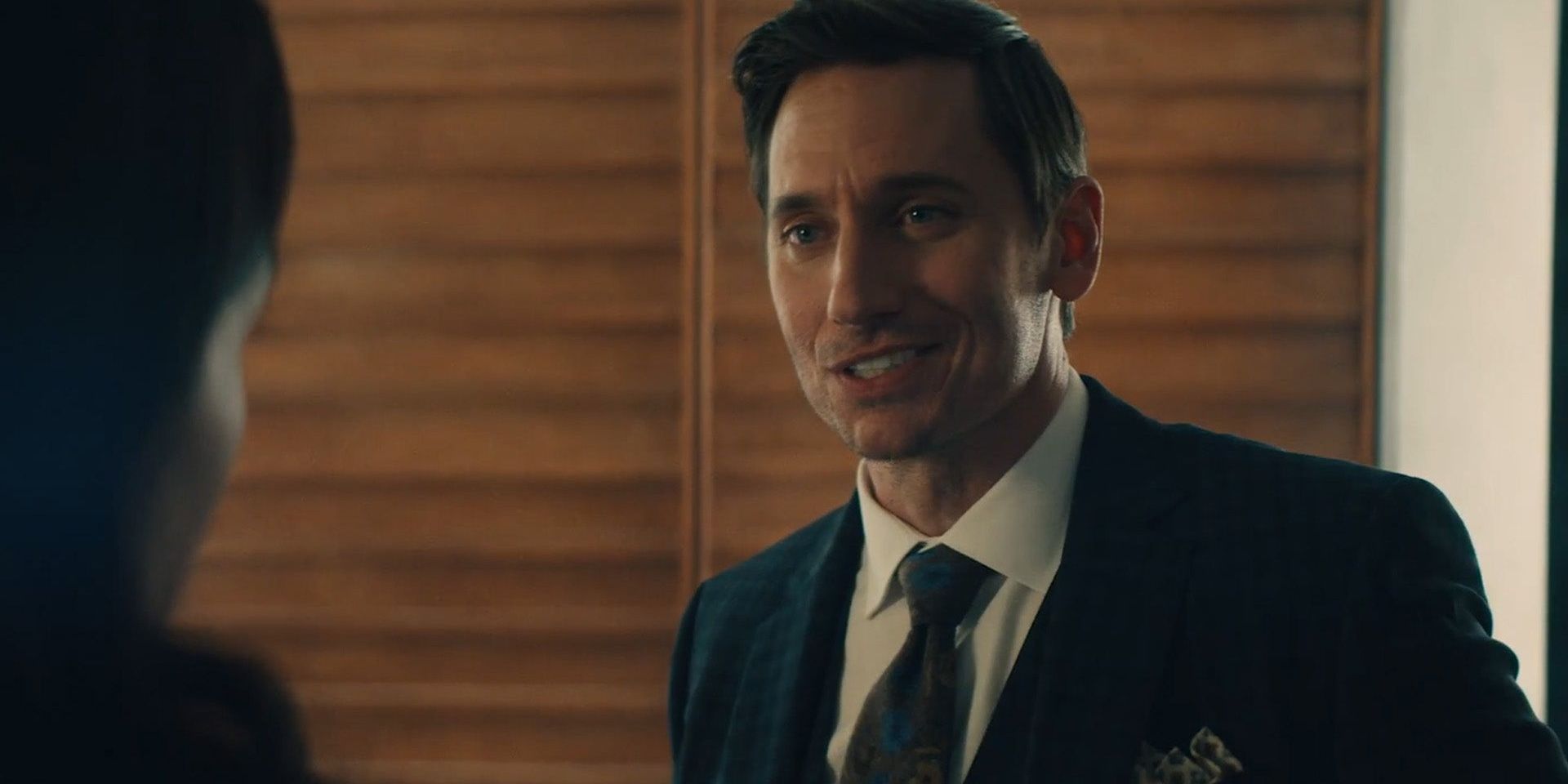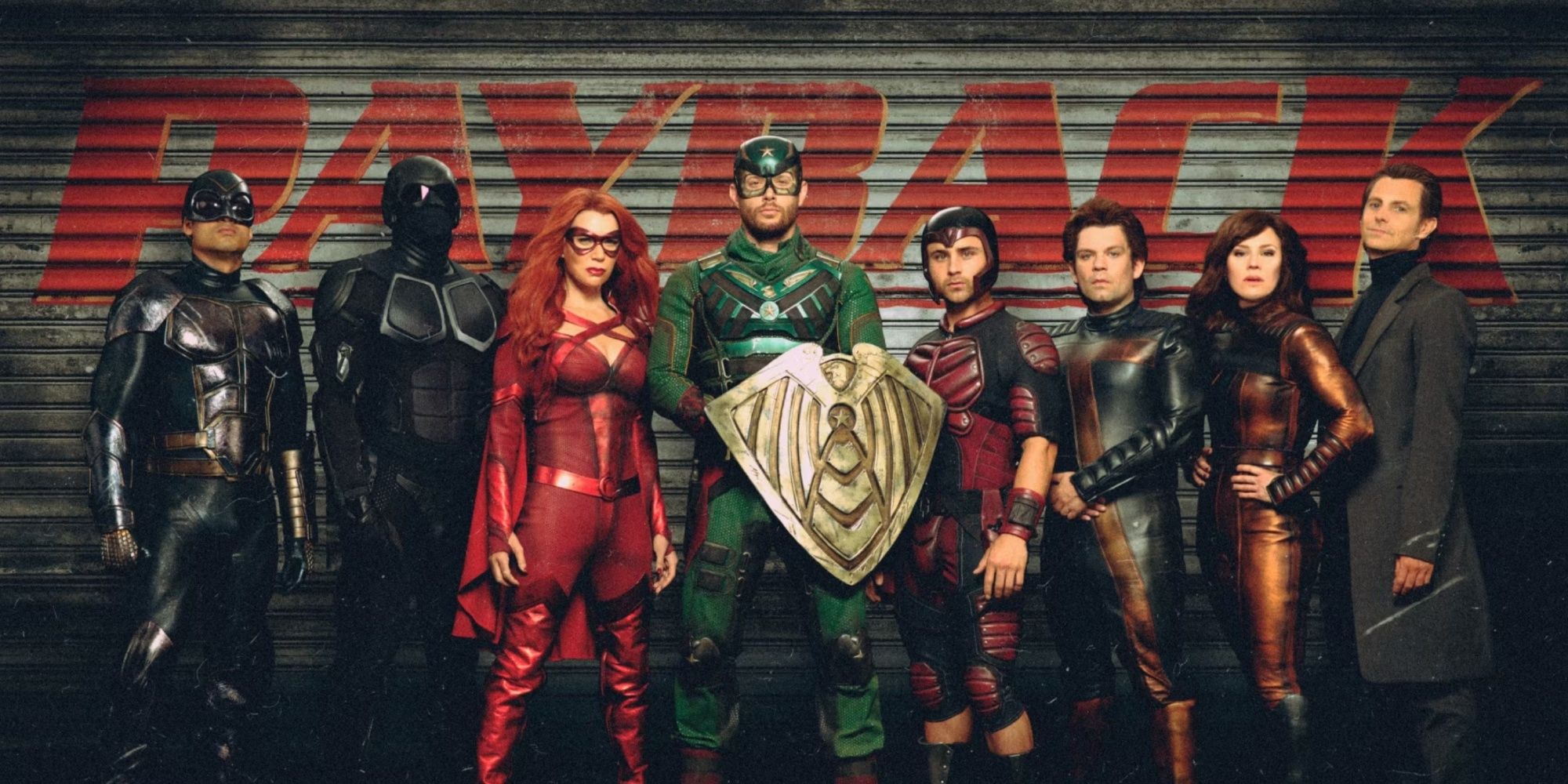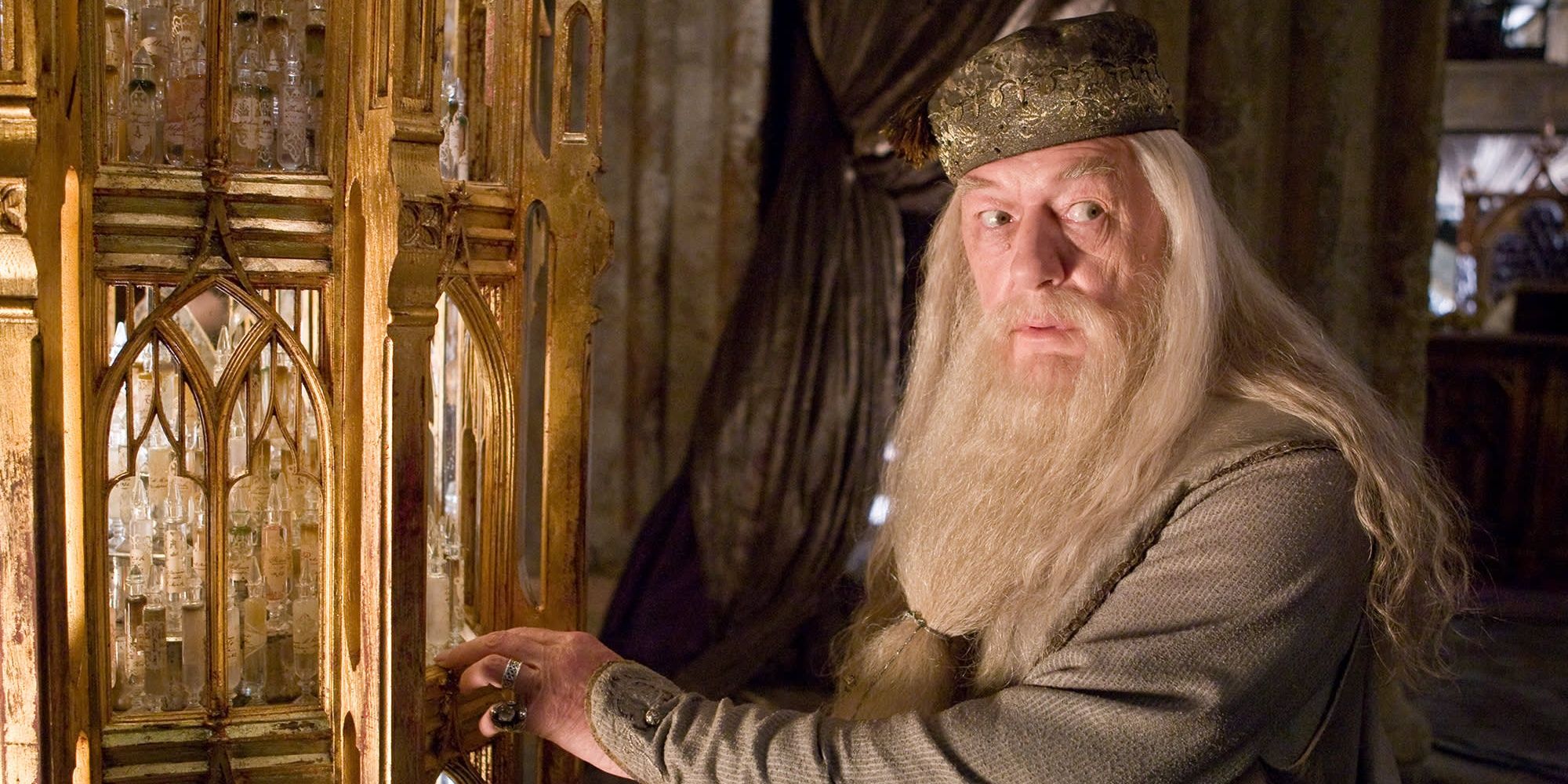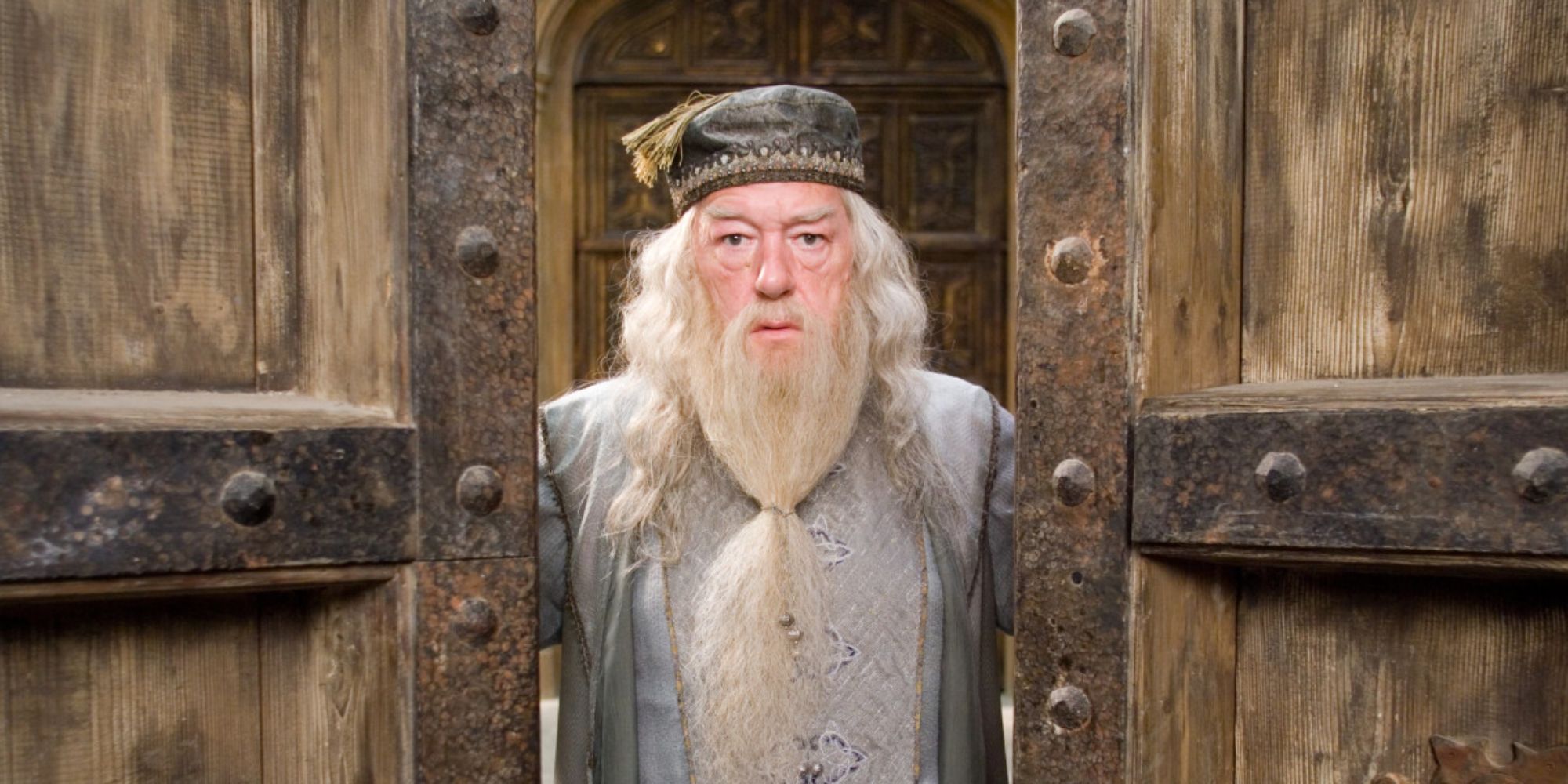Throughout the Harry Potter series, Albus Dumbledore was hailed as undoubtedly “the greatest wizard of all time”. From the surface, he seemed like an eccentric wizard — a “crackpot old fool”, as Vernon Dursley eloquently described him — who was fond of knitting patterns and sherbet lemons. With his exceptional magical abilities and intuition, however, he was one of the most formidable characters in the franchise.
Yet, as is later revealed, Dumbledore was not, in fact, the infallible ideal that he was portrayed to be. Despite her unorthodox investigation methods and tendency to embellish the truth, Rita Skeeter unveiled his past sins in her exposé, The Life and Lies of Albus Dumbledore — including the fact that he was not always a heroic defender of Muggle rights after all.
Why Was Dumbledore So Powerful?
Considered a magical prodigy, Dumbledore demonstrated his exemplary mastery of magic since a young age. Even during his N.E.W.T.s. (Nastily Exhausting Wizarding Test), he “did things with a wand [the examiner had] never seen before”. J. K. Rowling once commented that he was mostly self-taught, even though he “had access to superb teachers”. Although he was never the Minister for Magic, he was quite active in politics, and even Cornelius Fudge would often seek his opinion on the matters of the wizarding world while he held office. Not only was he the Headmaster of Hogwarts School of Witchcraft and Wizardry, but he also served as the Chief Warlock of the Wizengamot as well as the Supreme Mugwump of the International Confederation of Wizards. He founded the Order of the Phoenix when Lord Voldemort first rose to power, becoming “the only one he ever feared”. Even though Harry was the one who ultimately defeated Voldemort, it was Dumbledore’s keen mind and strategic genius that led to this victory.
Some may attribute his power to the fact that he possessed the Elder Wand, which supposedly makes its owner undefeatable. When his former friend Gellert Grindelwald was the master of the Elder Wand, he started a revolution, leading to the global wizarding war. As Dumbledore was widely regarded as the only wizard capable of putting an end to his ascension to power, he faced Grindelwald in a “spectacular duel of legend” in 1945. Being a “shade more skillful” than Grindelwald, Dumbledore finally defeated him, making him the new master of the Elder Wand until just before his death. However, Rowling has said that, even though the Elder Wand contains powerful magic, it “scorns to remain with any owner who is not the superior of his or her company”. As it only “takes a remarkable wizard to keep the Elder Wand for any length of time”, Dumbledore would never have been the true master of the wand — whose “only loyalty is to strength” — if he had not been deemed worthy of it in the first place.
In addition, Dumbledore’s magical prowess also stemmed from his strong belief in the power of human spirit. As he frequently told Harry, love is a deeply powerful form of magic — which he used to Voldemort’s disadvantage time and time again due to the Dark Lord’s lack of understanding of the notion. Voldemort’s definition of power was about exerting dominance over wizardkind and Muggles, whereas Dumbledore was guided by the powerful forces of love, friendship and other aspects of humanity. When Dumbledore once remarked to Minerva McGonagall that “Voldemort had powers I will never have”, she countered by saying “Only because you’re too noble to use them”. This also allowed him to be extremely perceptive of others: he trusted Severus Snape because of his love for Lily Potter; he knew that Wormtail owed his life to Harry because of the mercy he showed him; he deduced that the Mad-Eye Moody at Hogwarts was an imposter; he left Ron the Deluminator because he knew it would guide him; and his insights into Tom Riddle’s past helped him identify the seven different Horcruxes. As Voldemort could not understand any other motivations than his own, his power always fell a little short of Dumbledore’s.
Dumbledore was also unafraid of death, much unlike Voldemort, whose fear brought about his own destruction. This can be seen when he kept drinking the potion at the cave where Voldemort hid the locket (without letting Harry do so), even though it caused him extreme torment. He also planned his own murder so no one could abuse the power of the Elder Wand after him. While Voldemort’s pursuit of power involved an ignorant approach to achieving immortality, Dumbledore’s ascension to power was, in part, a result of his acceptance of death. As he famously said: “After all, to the well-organized mind, death is but the next great adventure.”
What Was Dumbledore’s Greatest Weakness?
Being a more exceptional wizard than most, Dumbledore’s mistakes tended “to be correspondingly huger” — in fact, by his own admission, power was once also his “weakness” and “temptation”. He openly admitted to Harry that he “wanted to shine… wanted glory” in his younger days, by seeking a way to conquer death. When he graduated from Hogwarts, the unexpected death of his mother (his only surviving parent) forced him to be cooped up at home and look after his younger siblings, Ariana and Aberforth. He eventually became close to Grindelwald upon his arrival at Godric’s Hollow, as he finally “had an equal to talk to, someone just as bright and talented as he was”. They both concocted plans for domination over Muggles “for the greater good” — with Dumbledore neglecting his ill sister in the process. Rowling later commented that he “lost his moral compass” during this time period as he and Grindelwald were infatuated with the idea of becoming “invincible masters of death” by finding the Deathly Hallows. When Aberforth confronted them, it escalated into a three-way battle with Ariana getting caught in the crossfire and being killed.
Grindelwald fled from Godric’s Hollow afterward and Dumbledore, struck with grief and remorse, became disillusioned with his previous ideology. He deliberately chose to stay away from such power from then onwards — which is why he refused the position of Minister for Magic on multiple occasions, as he learned that he “was not to be trusted with power”. When he did become the master of the Elder Wand, it was only to “tame” it, “not for gain, but to save others from it”. Even when he discovered the Resurrection Stone, the second of the Hallows, he tried to use it to be reunited with his parents and sister so he could apologize to them. Even though he was an imperfect character, he showed remorse for his mistakes at the end and realized that “those who are best suited to power are those who have never sought it”. As Aberforth once put it: “My brother Albus wanted a lot of things, and people had a habit of getting hurt while he was carrying out his grand plans.”






